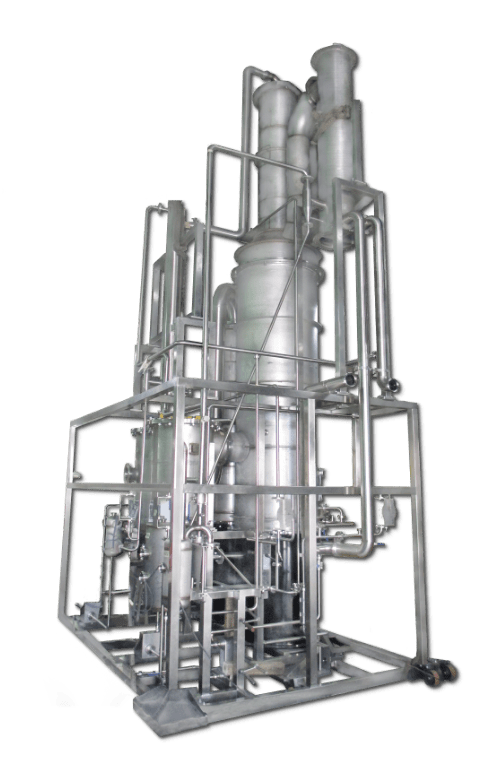The wine industry is faced with unprecedented challenges due to climate change that has an impact on the cultivation conditions of grapes. Floods, droughts and fires have negative repercussions on wine production. It is therefore natural to wonder if there will still be alcohol -free In 2050. In this article, we will explore current trends and measures taken by winegrowers to adapt to these changes in an attempt to guarantee the future of alcohol -free.
The impact of climate change on viticulture
Climate change resulted in an increase in temperatures, longer periods of insolation and irregular precipitation. These extreme weather conditions have a direct impact on viticulture. The vineyards are faced with challenges such as drought, plant diseases and less abundant harvests. These factors threaten the stability of the grape supply necessary for the production of traditional wine.
The challenges of alcohol vinification
Faced with these challenges, many winegrowers have started to explore alternatives to traditional wine production. Alcohol -free vinification is one of those alternatives that gain popularity. It allows you to create drinks that "resemble" wine, but that do not contain alcohol. These drinks, also known as Qualcoolized wines, are produced by eliminating alcohol from traditional wine.
Disalcoolization techniques

Disalcoolization is a complex process that requires the use of different techniques. One of the most common methods is to use vacuum distillation to eliminate wine from the wine. This technique reduces the alcohol content to levels less than 0.5%. Another commonly used method is reverse osmosis, which uses a membrane to separate alcohol from the wine. These techniques make it possible to preserve the aromas and flavors of wine while eliminating alcohol.
The evolution of consumer preferences
The evolution of consumer preferences also plays an important role in the development of alcohol -free. More and more people opt for a healthy lifestyle and are looking for alcohol -free alternatives. Disalcolized drinks offer an attractive alternative for those who wish to enjoy the flavors of wine without the effects of alcohol. This trend has prompted many winegrowers to develop high -quality quenchoolized wines to meet the growing market demand.
The advantages of alcohol -free wine
THE alcohol -free has many advantages. First of all, it offers an alternative to people who cannot or do not want to consume alcohol due to health problems or personal preferences. In addition, alcohol without wine can be consumed at any time of the day, without the effects of alcohol. It is also suitable for people who drive or who need to remain sober. Finally, alcohol without wine can be used in the kitchen to prepare tasty and unique dishes.
Technological innovations in alcohol -free wine production
The alcohol -free wine industry also experiences significant technological advances. New decay techniques are being developed to improve the quality and flavors of disparaged drinks. For example, technologies such as membrane filtration and ion exchange resins are used to remove wine from wine while preserving aromas and flavors. These technological innovations make it possible to produce high quality alcohol drinks which are increasingly appreciated by consumers.
The prospects for alcohol -free wine in 2050
Despite the challenges linked to climate change, the alcohol -free has a promising future. Technological advances and consumer preference changes support the growth of this booming industry. Viticulturalists continue to explore new production and development methods to meet the growing demand for high -quality quenchoolized wines. In 2050, it is very likely that alcohol -free wine has become a common alternative and appreciated by wine lovers around the world.
What we can therefore conclude
Climate change has significant repercussions on viticulture, which raises questions about the future of alcohol -free. However, thanks to technological innovation and the evolution of consumer preferences, the alcohol -free experiences significant growth. Disalcolized drinks offer an attractive alternative for those who wish to enjoy the flavors of wine without the effects of alcohol. In 2050, it is likely that the alcohol -free has become a common option and appreciated by wine lovers worldwide.












